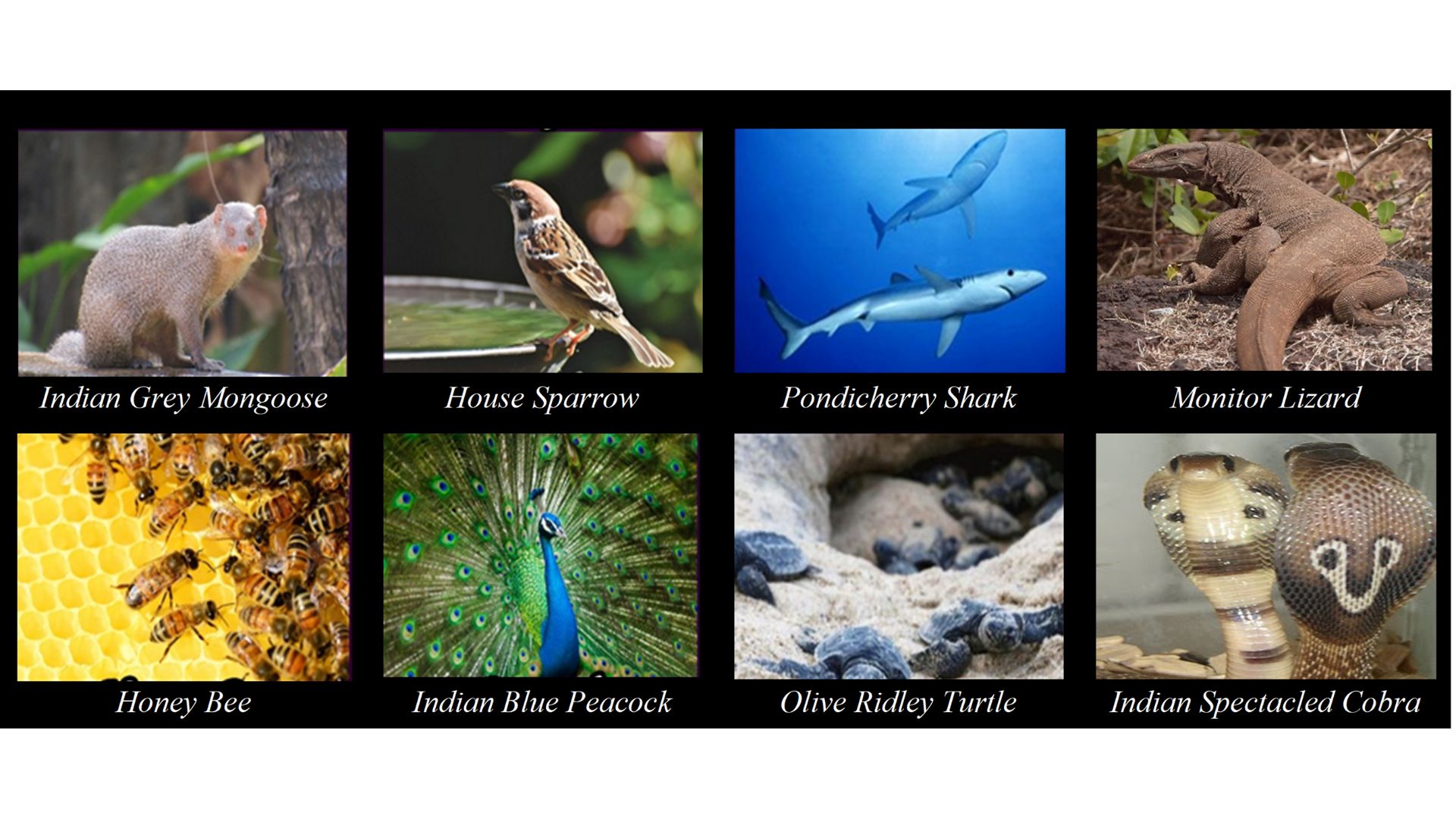 India, a country renowned for its rich biodiversity and traditional knowledge, faces an alarming crisis of habitat loss and species extinction due to human activities. According to the Ministry of Environment, Forest and Climate Change (MoEFCC), the fragmentation, degradation, and loss of ecosystems are irreversible and pose severe threats to biological diversity, jeopardizing human well-being. This calls for urgent conservation action to safeguard the nation’s natural wealth.
India, a country renowned for its rich biodiversity and traditional knowledge, faces an alarming crisis of habitat loss and species extinction due to human activities. According to the Ministry of Environment, Forest and Climate Change (MoEFCC), the fragmentation, degradation, and loss of ecosystems are irreversible and pose severe threats to biological diversity, jeopardizing human well-being. This calls for urgent conservation action to safeguard the nation’s natural wealth.
The Intergovernmental Science-Policy Platform on Biodiversity and Ecosystem Services (IPBES) has reinforced the gravity of this issue, highlighting that 1 million species worldwide are under threat of extinction due to human-induced activities. The need for transformative changes is paramount to restore and protect the interconnected web of life that sustains all ecosystems and human well-being.
Global Perspective: The Call for Transformative Action
The United Nations and the Convention on Biological Diversity (CBD) underscore the urgent need for action. This initiative directly supports the goals of the UN Decade on Biodiversity (2011-2020), focusing on “Living in Harmony with Nature,” and the UN Decade on Ecosystem Restoration (2021-2030), emphasizing the need to repair and rejuvenate ecosystems.
Against this backdrop, a unified response is necessary to counteract threats such as illegal poaching, trafficking, and habitat destruction. To drive this transformative change, a consortium of organizations led by the Association for Promoting Sustainability in Campuses and Communities (APSCC), alongside Pondicherry University and various Government of Puducherry Departments, has launched the Wildlife Protection & Conservation Network.
Focus of the Initiative: Fauna and Habitats of Concern
In the first phase, the program identifies key species and habitats requiring urgent conservation efforts, based on Aichi Biodiversity Targets 11, 12, and 13 of Strategic Goal C. These include:
- Peacock (Pavo cristatus)
- Indian Grey Mongoose (Herpestes edwardsi)
- Olive Ridley Turtle (Lepidochelys olivacea)
- Monitor Lizard (Varanus bengalensis)
- Bee (Apis cerana indica)
- Pondicherry Shark (Carcharhinus hemiodon)
- House Sparrow (Passer domesticus)
- Indian Spectacled Cobra (Naja naja)
- Wetlands as critical habitats supporting diverse species.
These species and habitats represent the intricate web of India’s biodiversity and are vital to ecological balance.
Strategic Goals and Actions
- Species Conservation
- Prevent extinction by addressing threats like poaching, trafficking, and habitat destruction.
- Develop and implement conservation networks tailored to each species.
- Ecosystem Restoration
- Conduct habitat analysis, mapping, and restoration efforts for degraded ecosystems.
- Promote the integration of conservation strategies into urban and rural development plans.
- Awareness and Education
- Engage students and the public through training programs, workshops, and community outreach initiatives.
- Highlight the interconnectedness of biodiversity and human well-being.
- Policy and Enforcement
- Support enforcement authorities in addressing wildlife crimes such as illegal poaching and trafficking.
- Advocate for legal frameworks to safeguard biodiversity.
A Collaborative Conservation Effort
The initiative fosters partnerships across communities, governments, and organizations, leveraging collective action to address biodiversity loss. Women’s participation and youth engagement are prioritized, ensuring an inclusive approach to conservation.
Outcomes and Long-Term Goals
By implementing this initiative, the Wildlife Protection & Conservation Network aims to:
- Prevent species extinction and restore ecosystems.
- Catalyze public and student involvement in biodiversity conservation.
- Achieve national and global biodiversity goals, contributing to the 2030 Agenda for Sustainable Development.
Join the Movement
We invite you to become part of this transformative change by joining the Wildlife Protection & Conservation Network.
Email us at info@apsccindia.org for further details.
By uniting for the conservation of India’s unique biodiversity, we can ensure a sustainable future for all. Together, let’s answer nature’s call and restore the balance of life on Earth. 🌏
